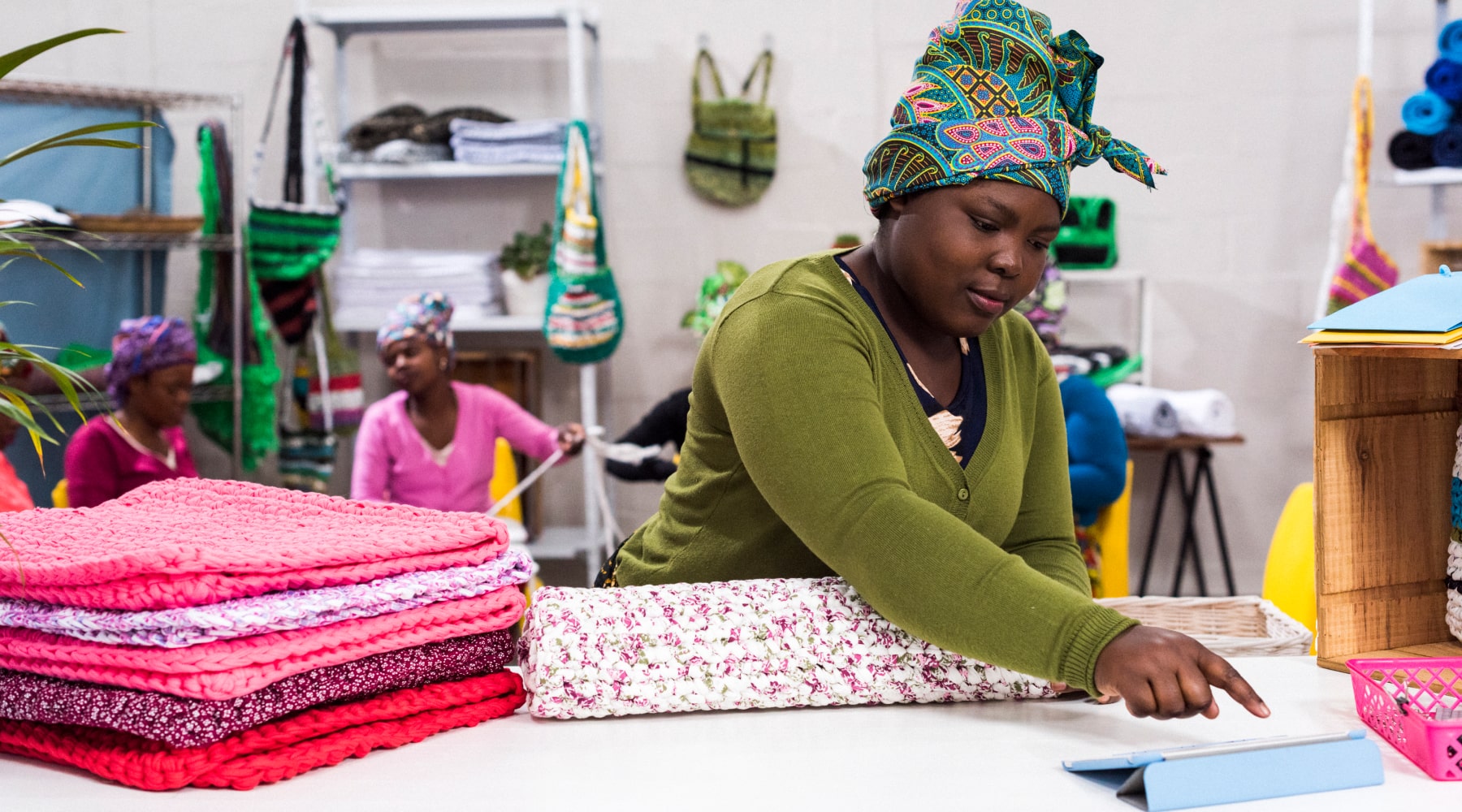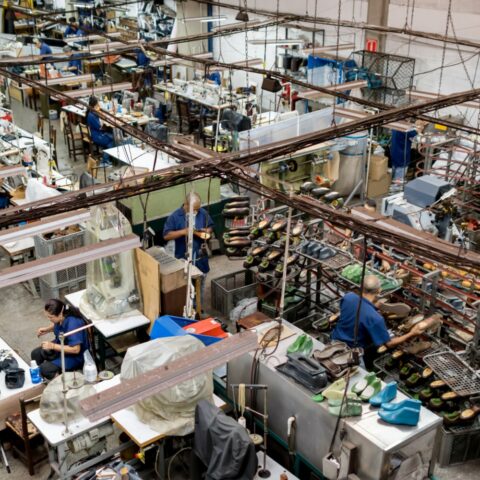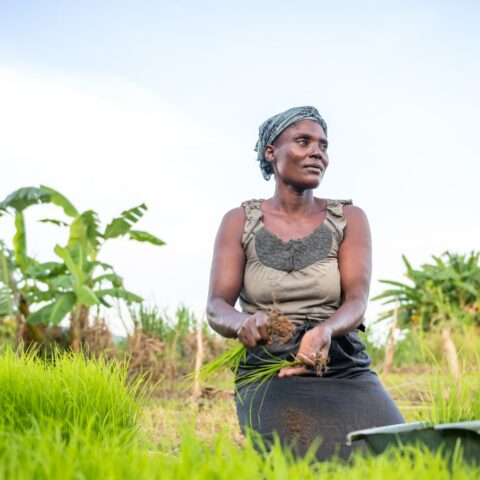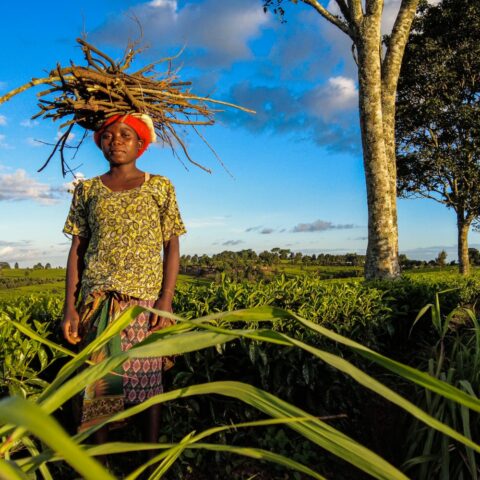Women own and run a significant percentage of MSMEs but face significant additional challenges to becoming exporters, including gender bias and unequal domestic responsibilities. Recognising this, the Alliance deploys strategies in every project to help maximise balanced participation in trade facilitation initiatives.
The Alliance takes pro-active steps to involve women and women’s business groups from project inception through to completion. Considering the prevalence of family and household commitments, for instance, would mean scheduling meetings, workshops and trainings at times and places that better suit women.
For example, as part of an Alliance project to improve import and export operations in Nigeria, in 2023 the Alliance conducted targeted trainings for women customs agents at the air cargo terminals of the Murtala Muhammed International Airport on advocating for a more women-friendly work environment. And in Malawi and Zambia, training sessions as part of an ongoing accreditation programme for licensing customs brokers are scheduled at family-friendly times and include online elements to broaden access.





